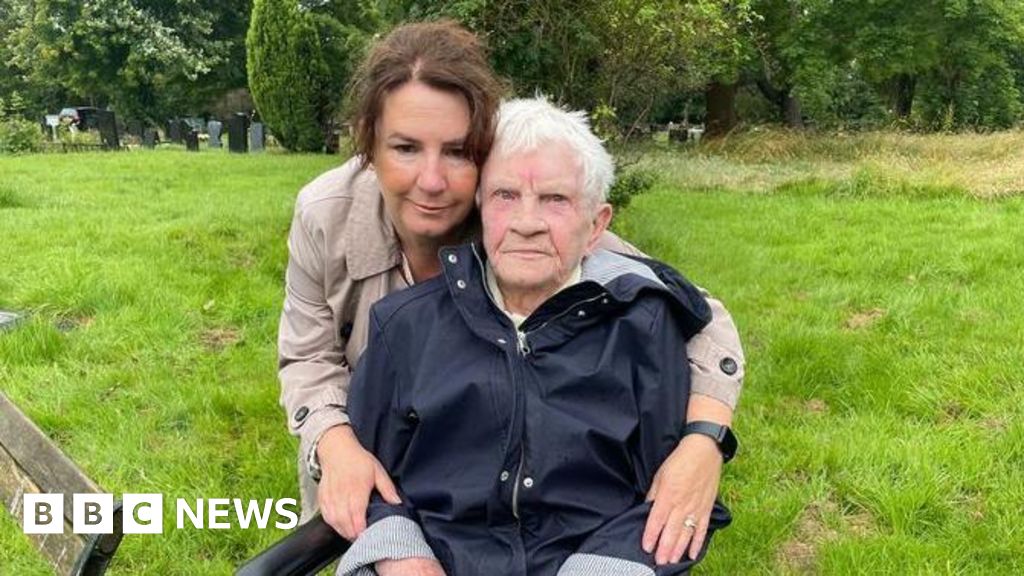“For many, the demands of daily life, work, children and other responsibilities can take precedence over intimacy, leaving little time for sex,” says Novitsky. Stress and fatigue can also be significant factors as they can diminish libido (the individual’s general sex drive) and sexual desire (the attraction experienced between people in a couple), she says.
“In some cases, health issues, including hormonal imbalances, menopause or chronic illness, can directly impact sexual function or desire,” Novitsky says. Heart disease, high blood pressure and diabetes are all causes of impotence among men. “If you suspect an underlying health issue, seek medical advice. Hormonal therapy or medication might be helpful,” she continues.
For women specifically, hormonal issues such as polycystic ovary syndrome can disrupt the libido, and in a survey conducted by Relate, almost a third of women over 60 say they have lost their libido since the menopause. Diabetes, heart problems, cancer, chronic respiratory diseases and certain medications have been shown to reduce sexual capacity and the quality of sex life for older people.
Research also shows that getting older affects how you feel about having sex psychologically. A study in the Journal of Sex Research examined frequency, perceived quality and interest in sex in 1,170 adults with an average age of 53 over a 10-year period. The people who reported the greatest reduction in the quality of their sex life were those who “felt older” and already held unfavourable views about what getting older meant. The same study also found the opposite to be true – that the younger people felt, the more satisfying their sex life.
“Emotional factors such as depression, anxiety or unresolved conflict within the relationship can also lead to a decrease or cessation of sexual activity. Some couples may experience a natural decline in sexual frequency over time as the novelty of the relationship wears off,” says Dr Novitsky. “It’s important to remember that a decrease in sexual activity doesn’t necessarily indicate a problem. It could merely be a transition into a different phase of the relationship. However, if the lack of sex is causing distress to either partner, it’s crucial to address the issue openly and constructively, considering professional help if needed.”
How to boost low sex drive
Fluctuations in sex drive are normal, and what is considered a low sex drive varies from person to person, says Novitsky. “The most important aspect is that you feel comfortable and satisfied with your sexual life,” she says. But if you feel a boost is necessary, she recommends a multi-faceted approach that encompasses physical health, mental wellbeing and relationship dynamics. “Prioritise self-care,” she suggests, “regular exercise, a balanced diet and adequate sleep.”
A 2015 study of women suggested that sleeping for longer the night before increased their sexual desire the next day. Regular exercise can help libido in many ways. A 2015 study of men undergoing androgen deprivation therapy, which lowers testosterone levels, found that regular exercise helped men cope with body image concerns, low libido and relationship changes relating to their treatment. “Regular physical activity can increase blood flow, enhance mood and improve body image, all of which can contribute to a healthier sex drive,” says Novitsky. “A diet rich in nutrients can also support hormonal balance and energy levels.”
It’s important to manage stress, says Novitsky. “High stress levels can negatively impact libido. Incorporating stress-management techniques such as yoga, mindfulness or meditation into your daily routine can help reduce stress and anxiety levels, potentially improving sexual desire.”
Studies also show that therapies such as cognitive behavioural therapy can improve sexual dysfunction. A trial involving 198 women found that CBT can play a positive and effective role in improving sexual relationships. Another review concluded that CBT can help erectile dysfunction alongside drug therapies.
Major also suggests seeking professional help from a therapist or counsellor who can give you the space, guidance and strategies to help counteract any emotional issues that might be affecting libido. “Sex can create a sense of connectedness and comfort. Even if the desire is waning, it doesn’t mean you can’t reach out and be intimate and gain comfort and affection from each other. But that often starts with being able to talk about how you’re feeling,” she says.
What to do if your partner has no desire for sex
It’s very common to find that your desire is mismatched with your partner’s. Research shows that around 80 per cent of couples regularly experience situations where one partner has a desire for sex and the other doesn’t.
It’s important to talk about it without blame, says Major. She suggests a tentative approach. “Don’t go in all guns blazing: ‘I’m not happy, it’s your fault…’ Start with language like: ‘I’ve noticed recently… I’ve been thinking that, or I’ve been feeling that, and I really want to share that with you…’ Then ask a question, something like: ‘What are your thoughts about that?’ A lot of people feel more comfortable telling their partner how they’re feeling, but they’re not really making much opportunity to listen to what the other person has to say. Open up the conversation and listen.”
Many people may struggle with having open and honest conversations about sex within their relationships, but research shows that talking about your needs and desires can improve sexual relations. “A lot of people are scared to have the conversation because they catastrophise and worry that it means the end of the relationship. But we need to normalise the ebb and flow of our sex drive and keep the lines of communication open. Reach out to each other not just physically but emotionally too – with kindness,” says Major.
Dr Novitsky agrees. “Focus on creating shared experiences, expressing affection and understanding your partner’s needs. Every individual and relationship experiences variations in sexual desire, and it’s important to navigate these changes with patience and understanding.”

Sarah Carter is a health and wellness expert residing in the UK. With a background in healthcare, she offers evidence-based advice on fitness, nutrition, and mental well-being, promoting healthier living for readers.






